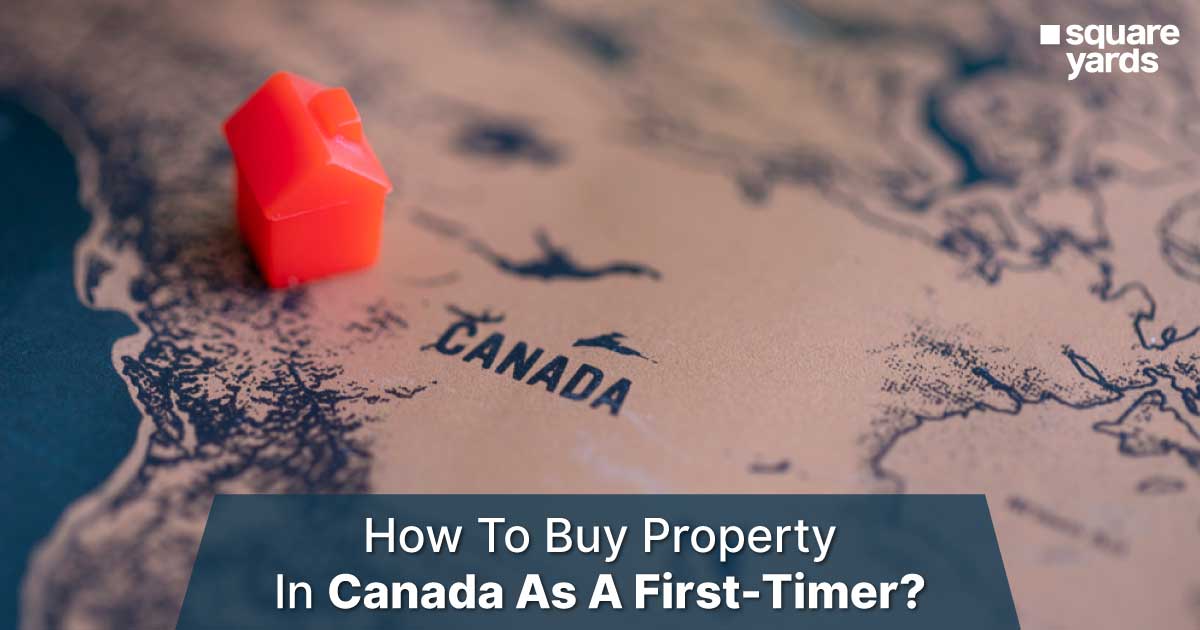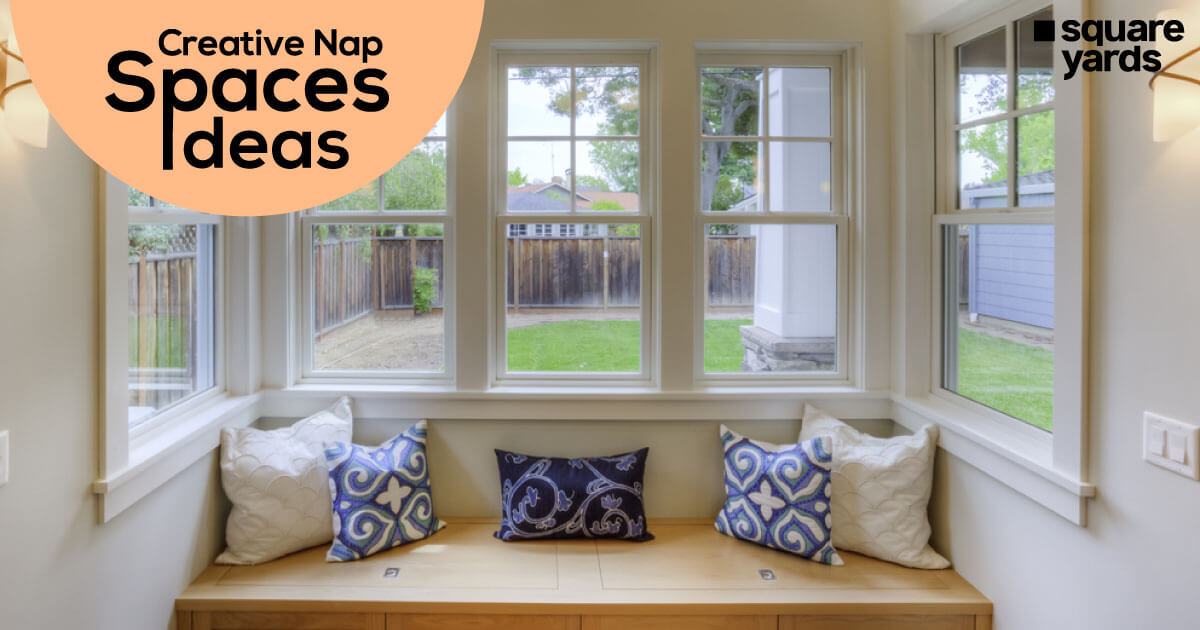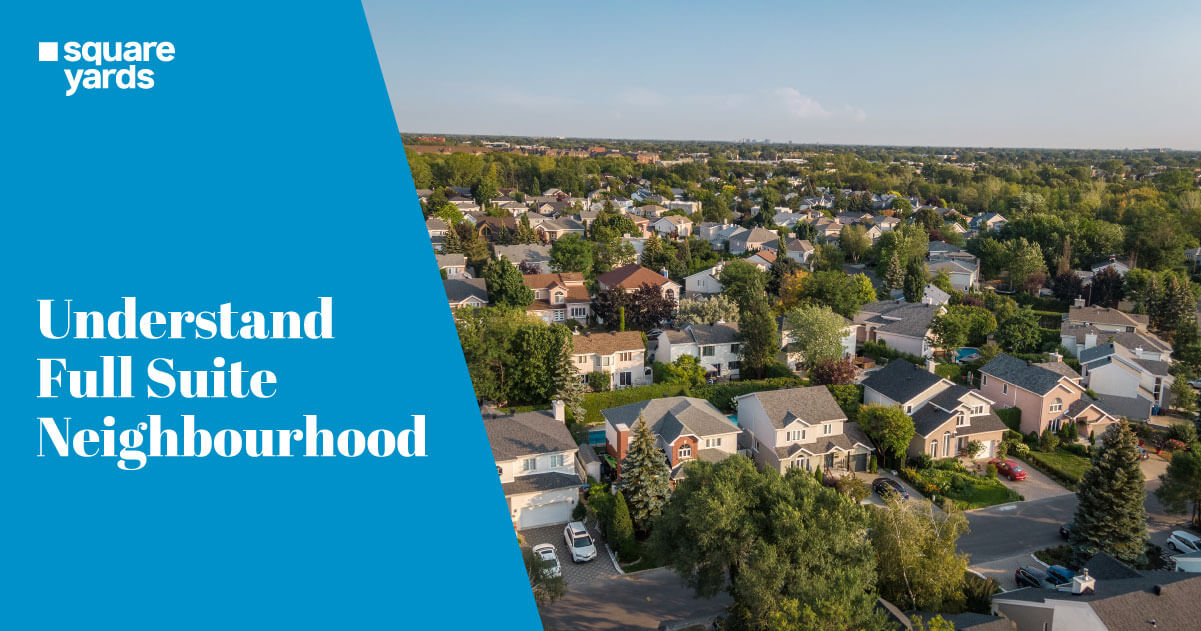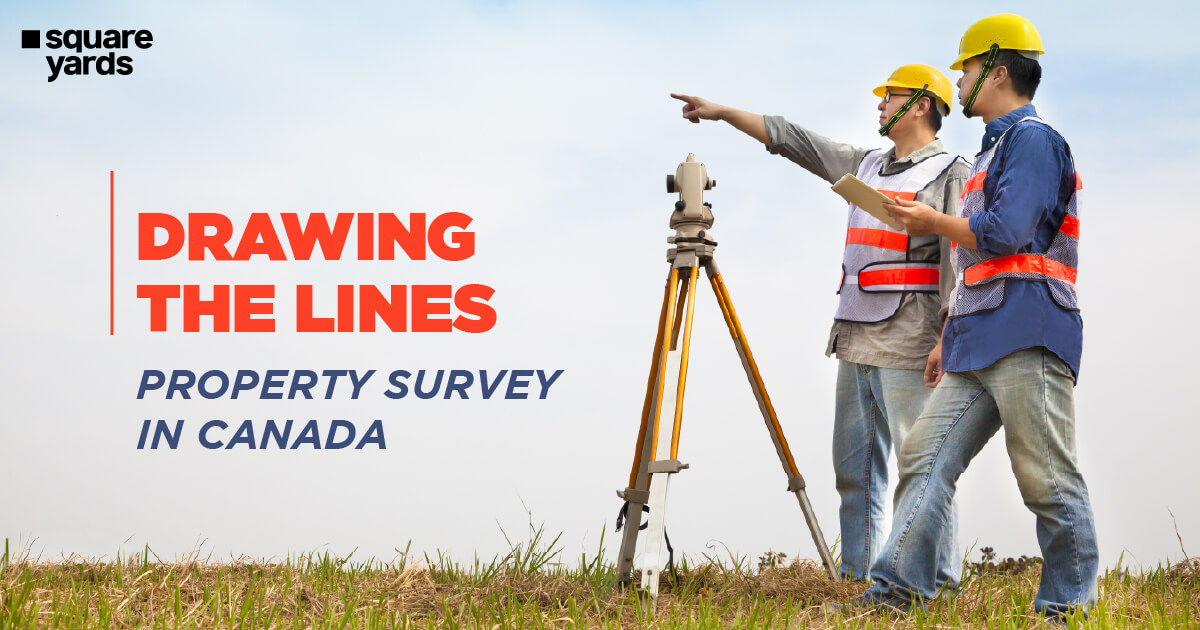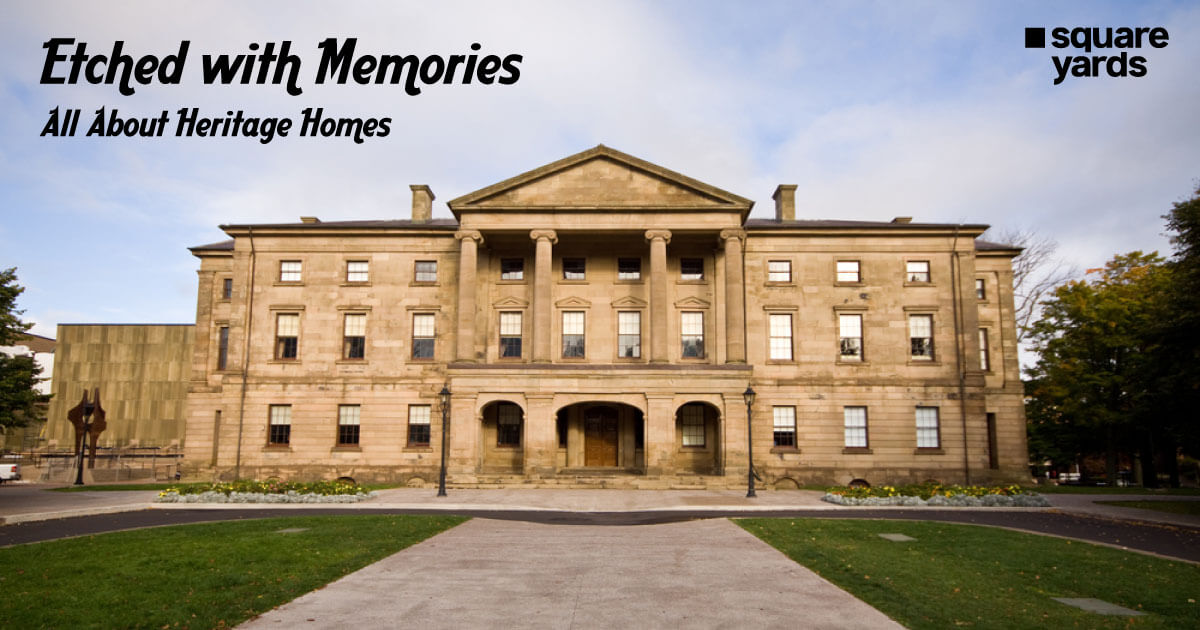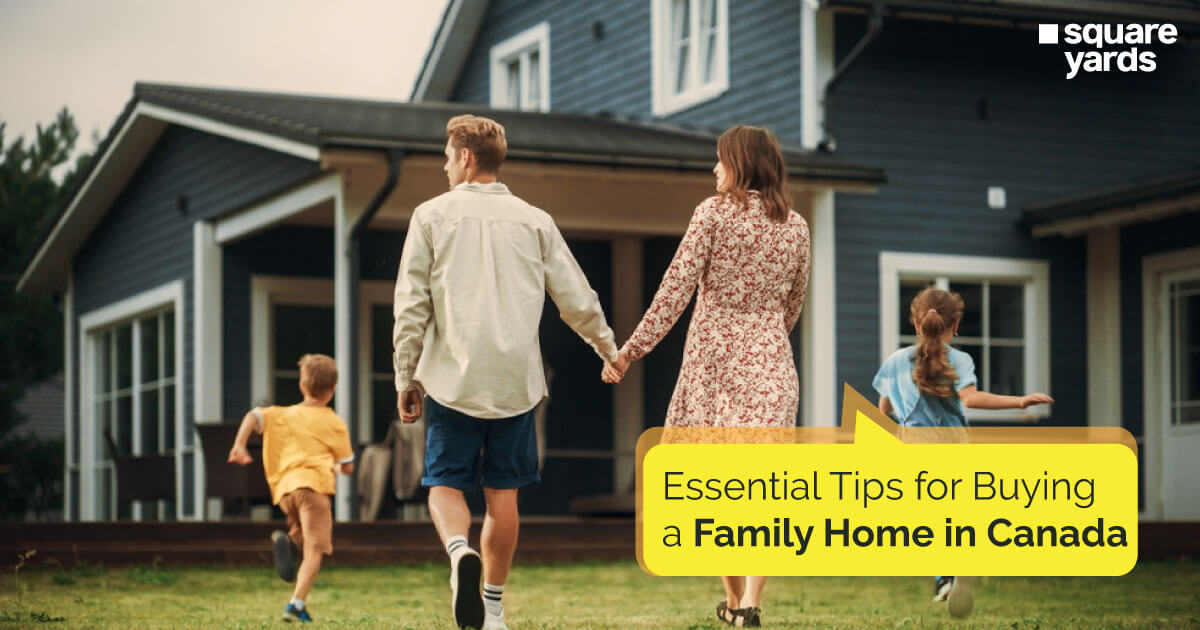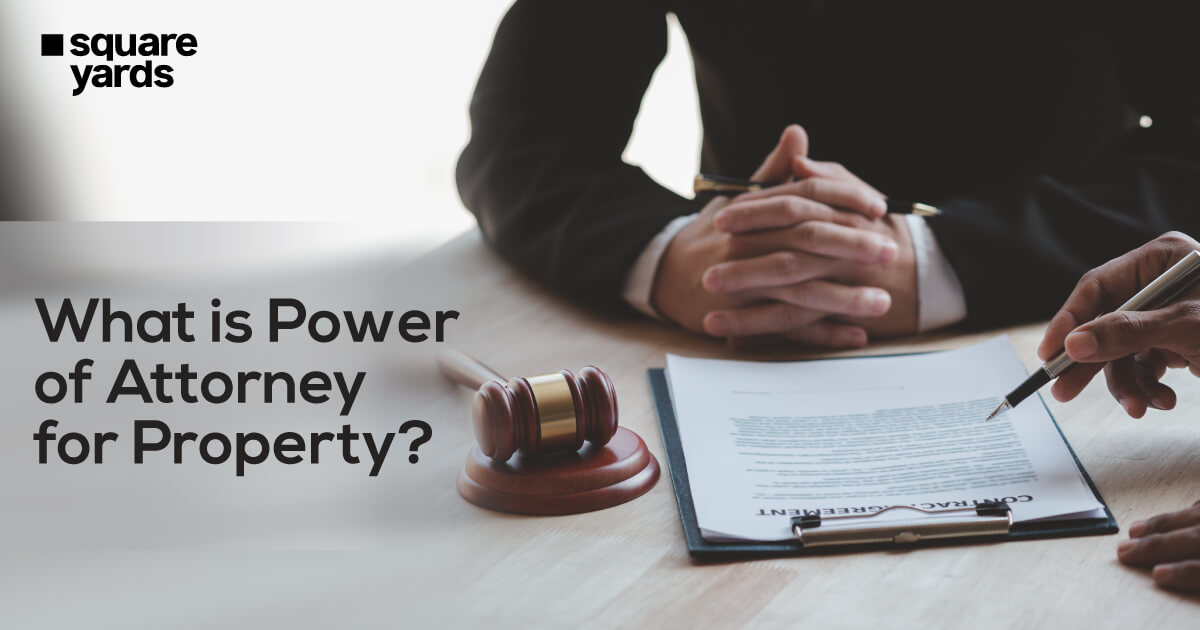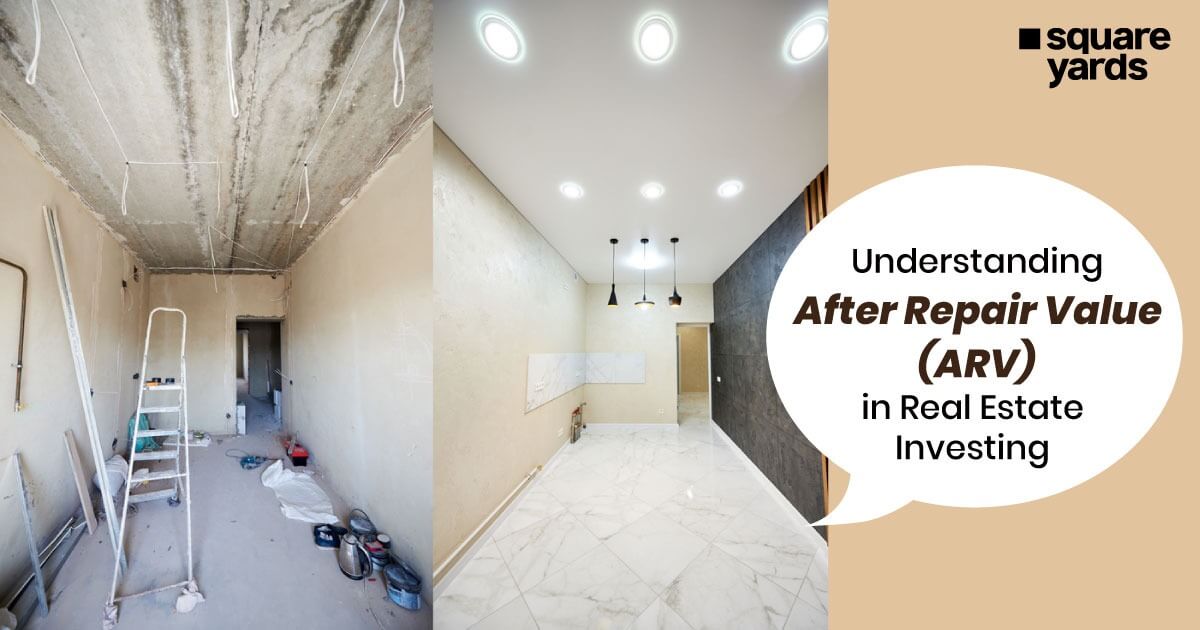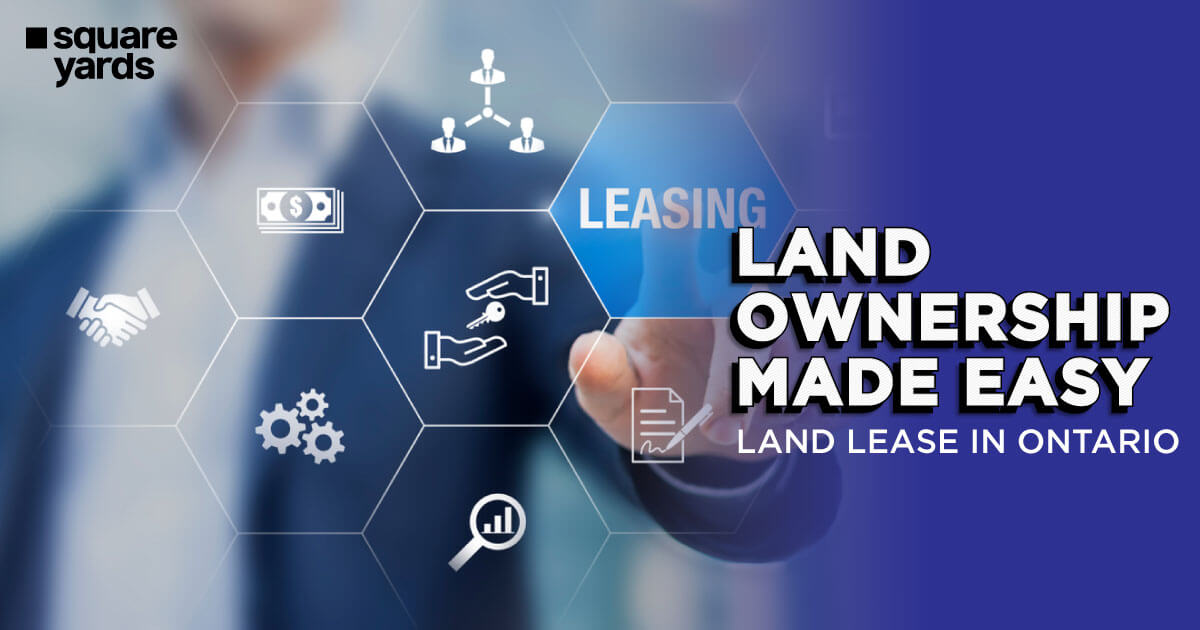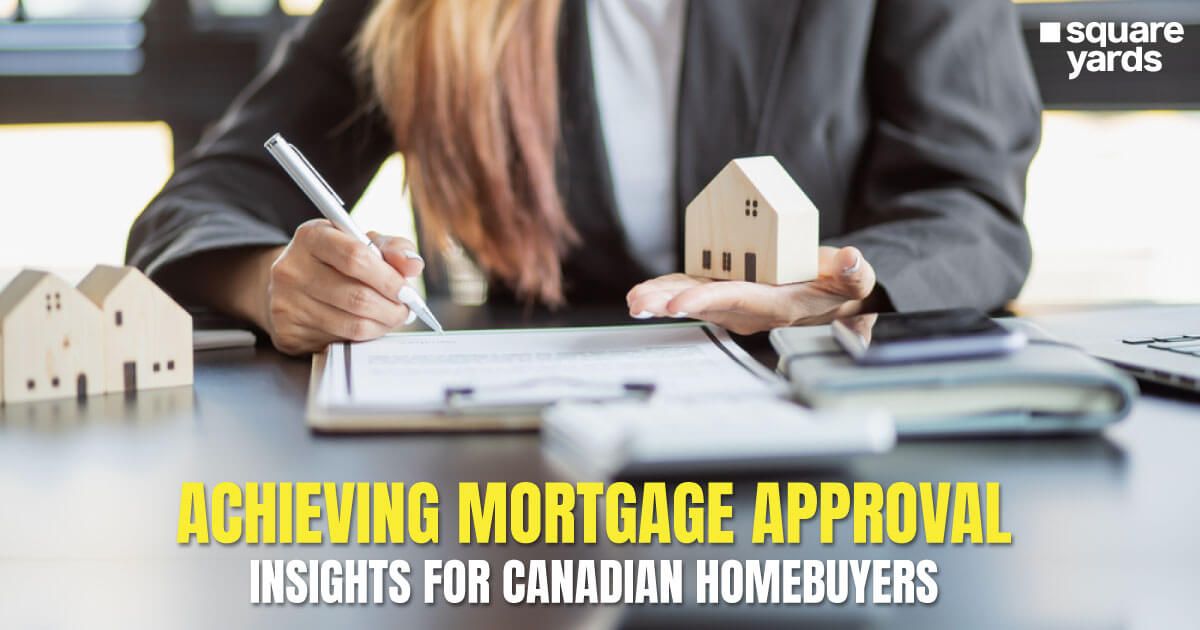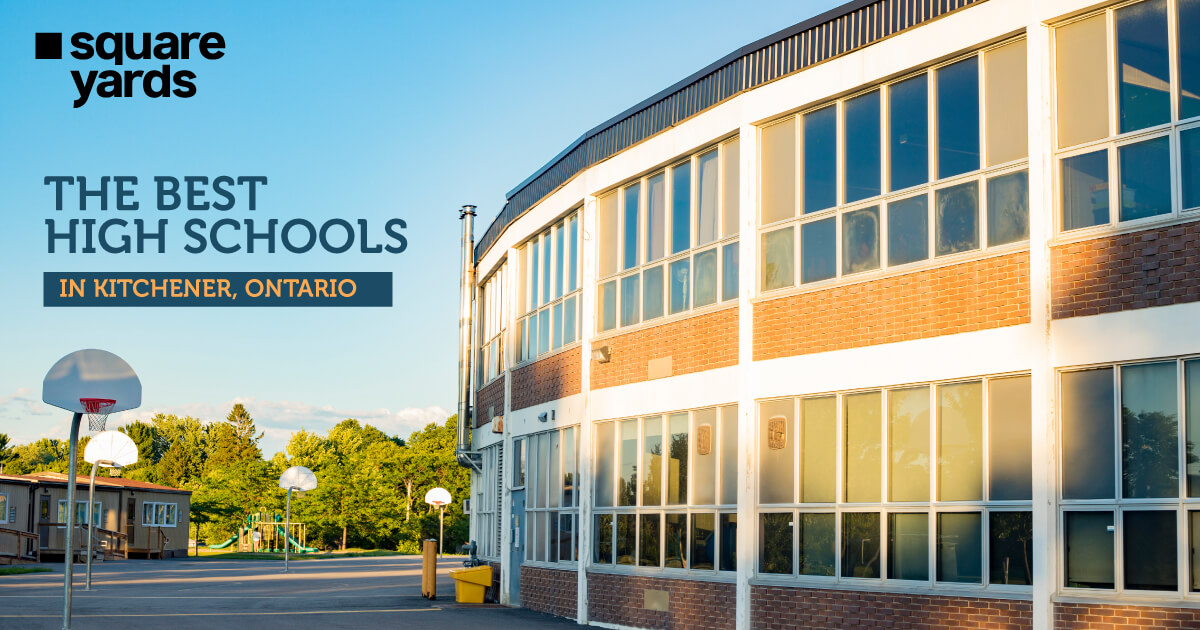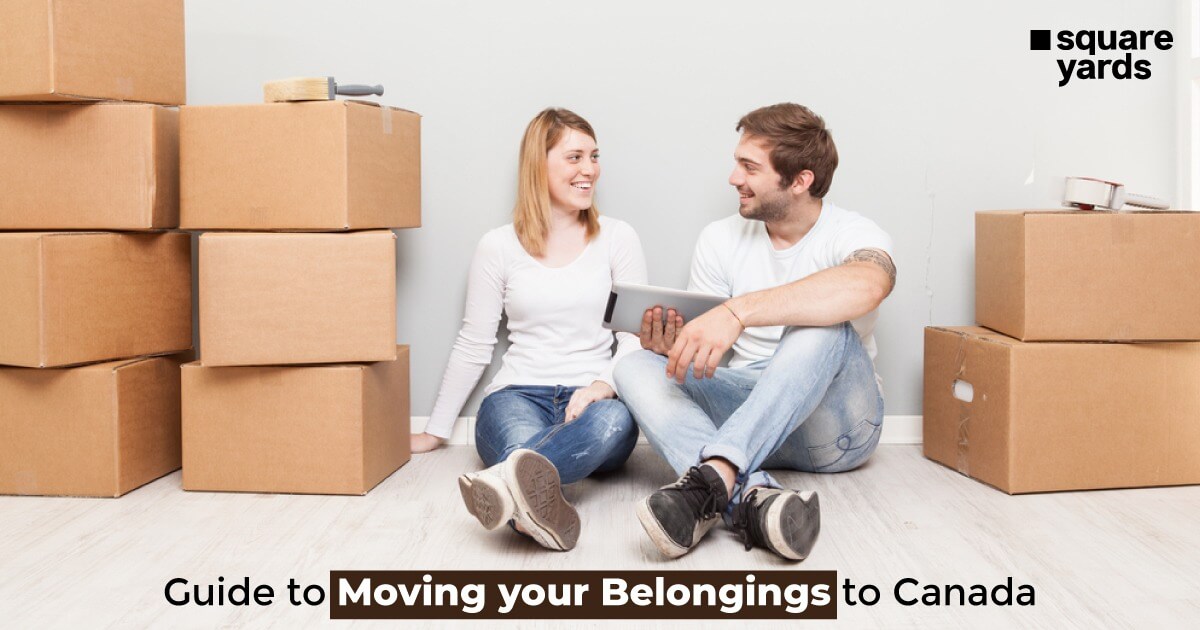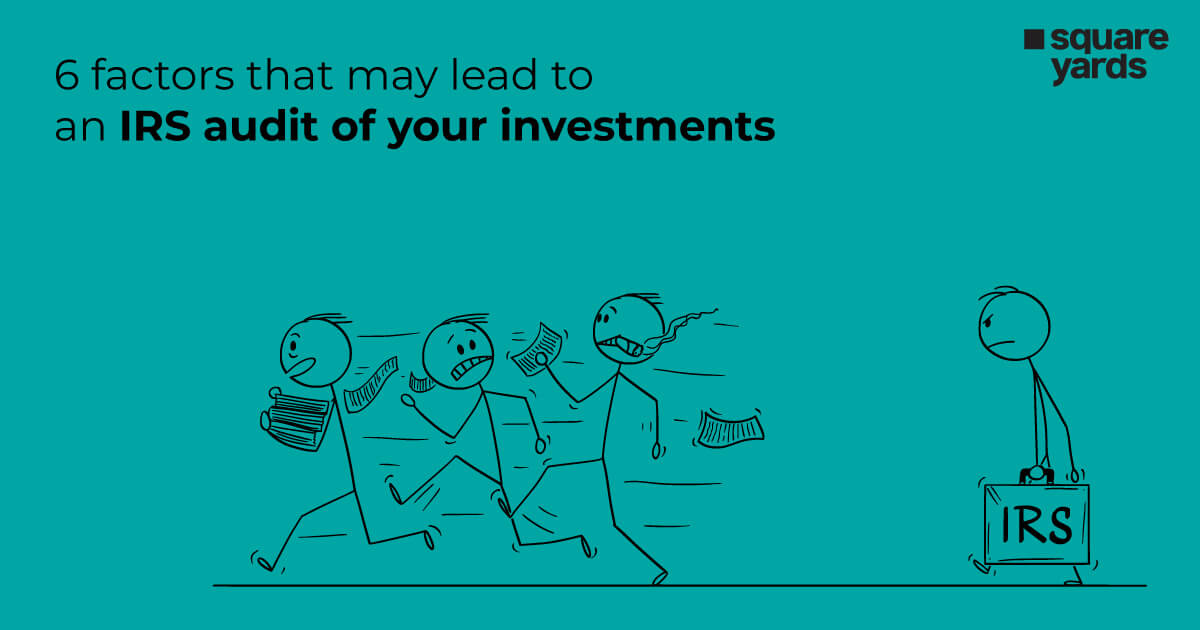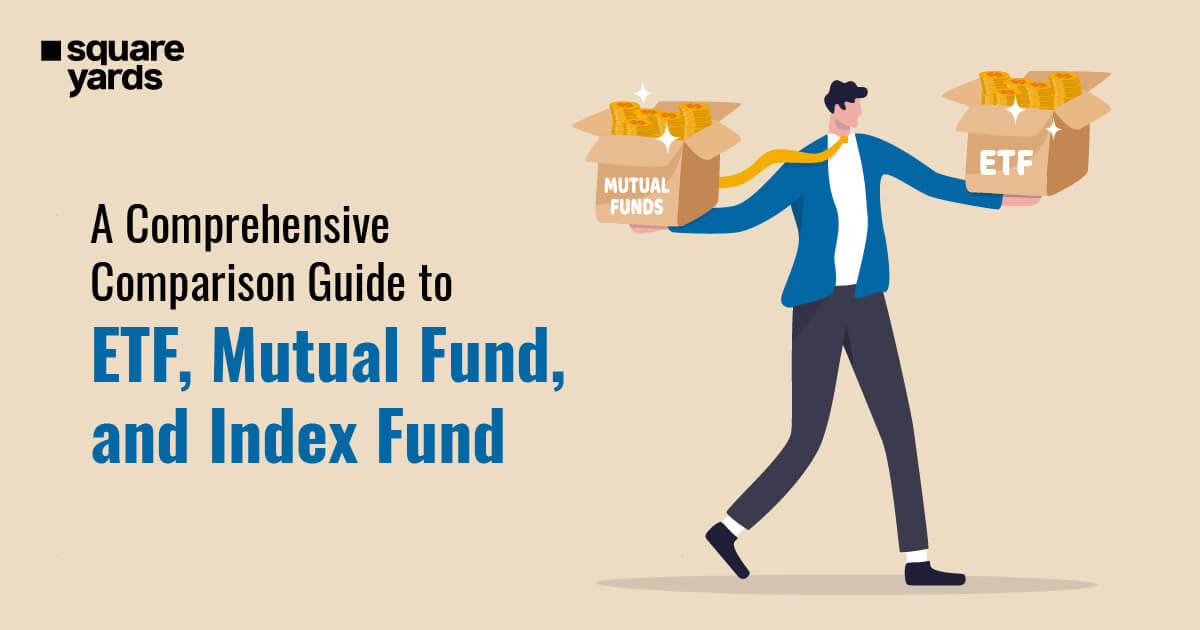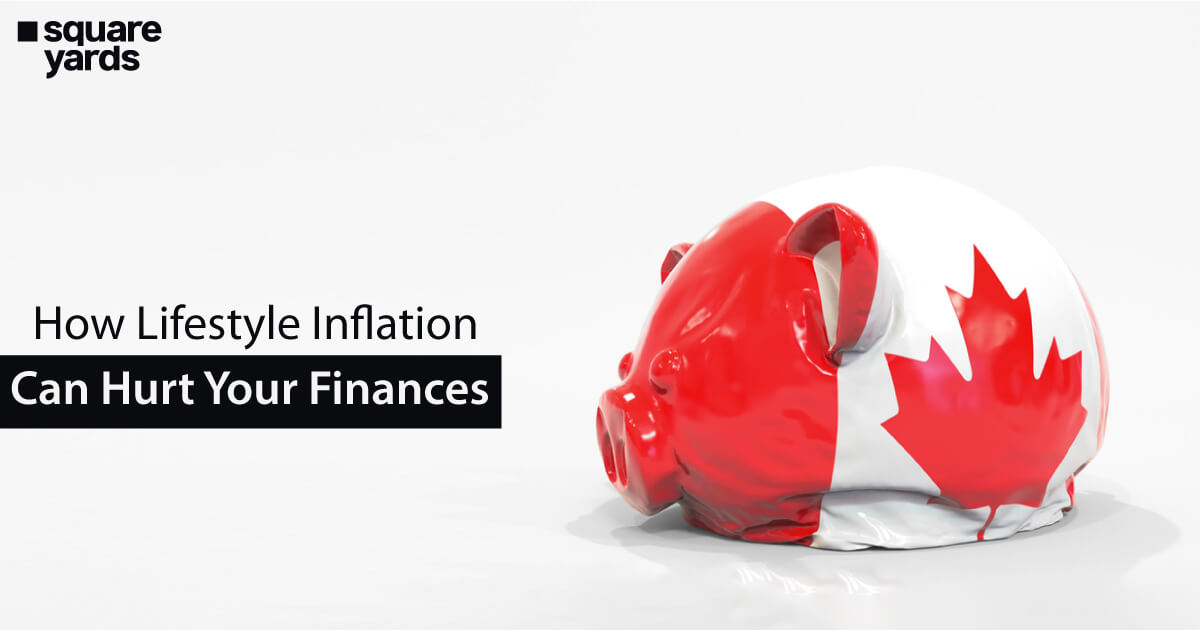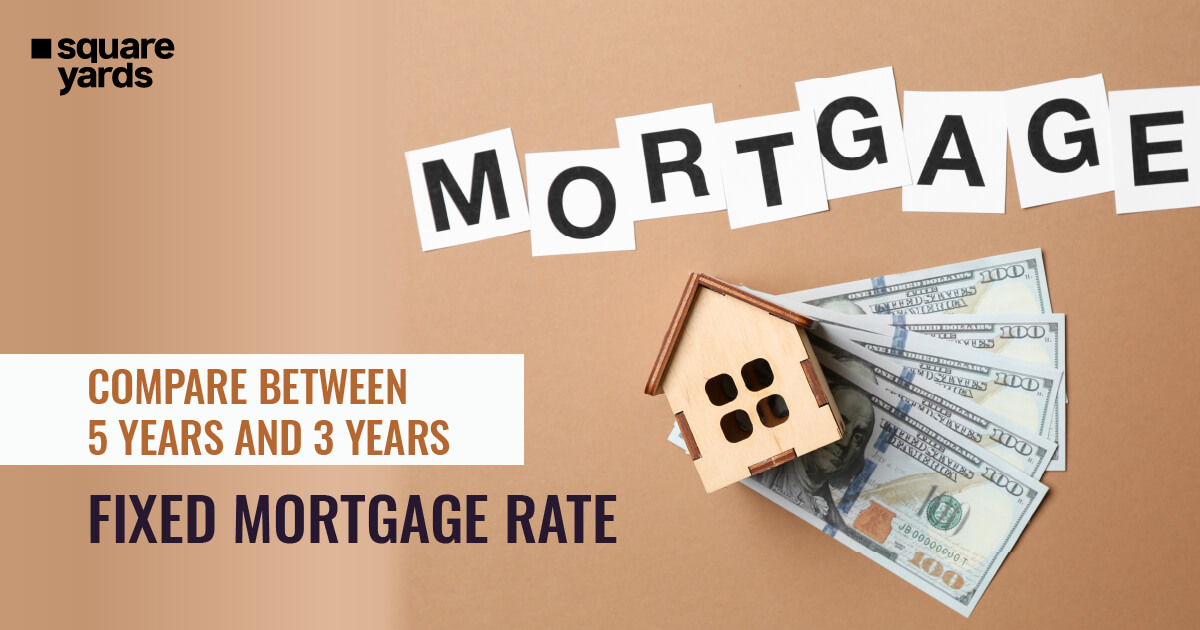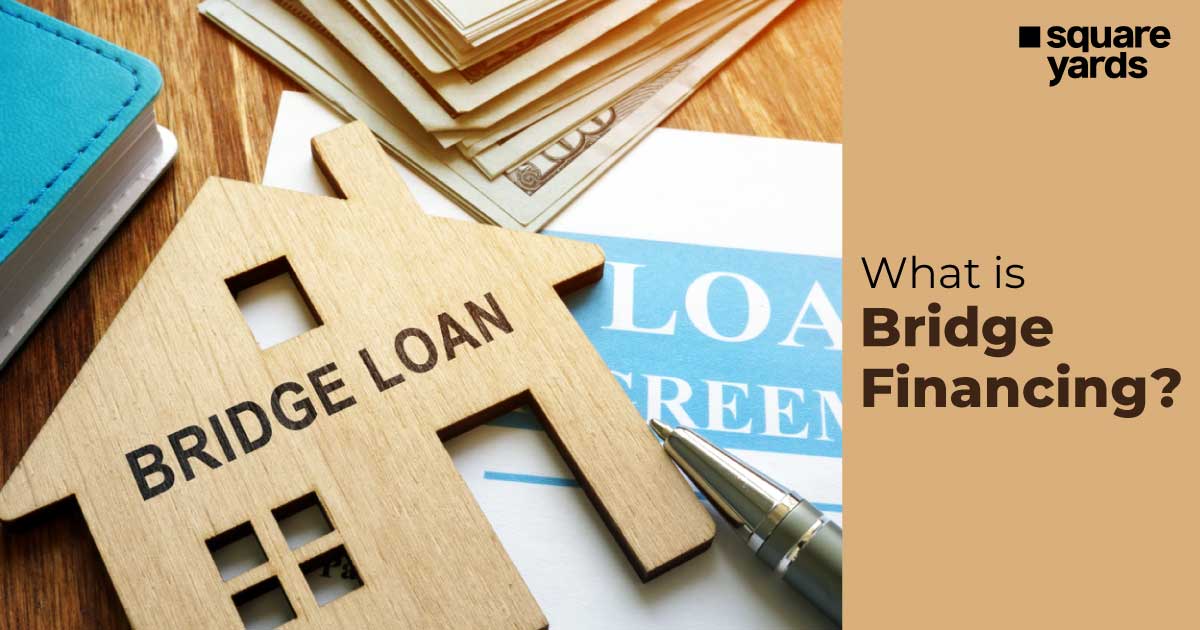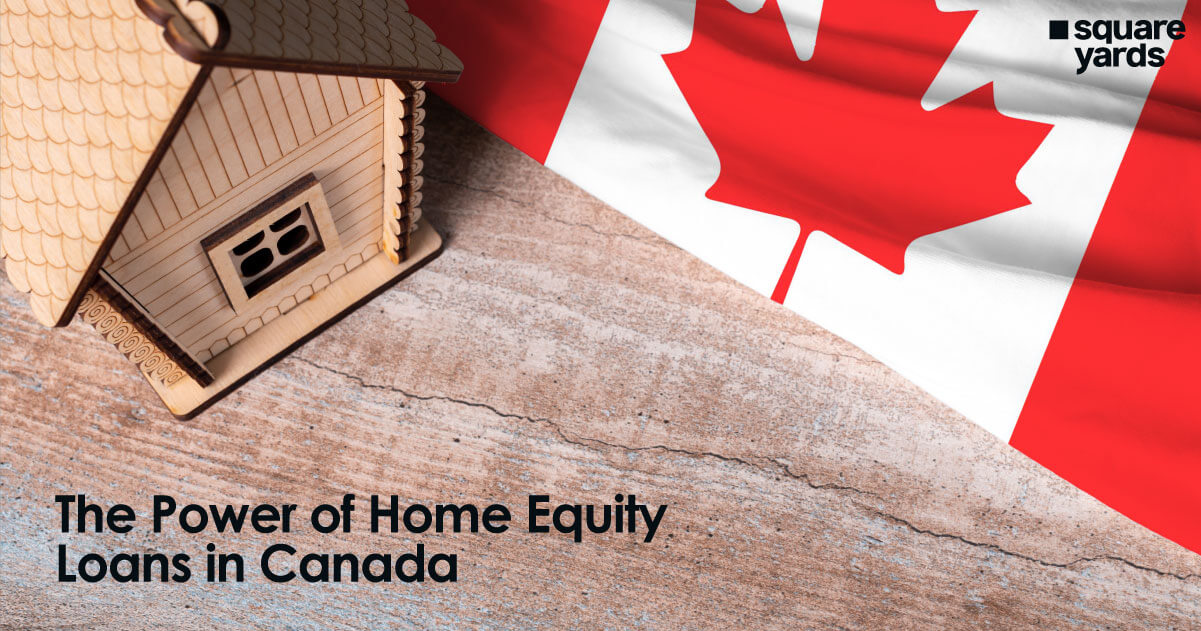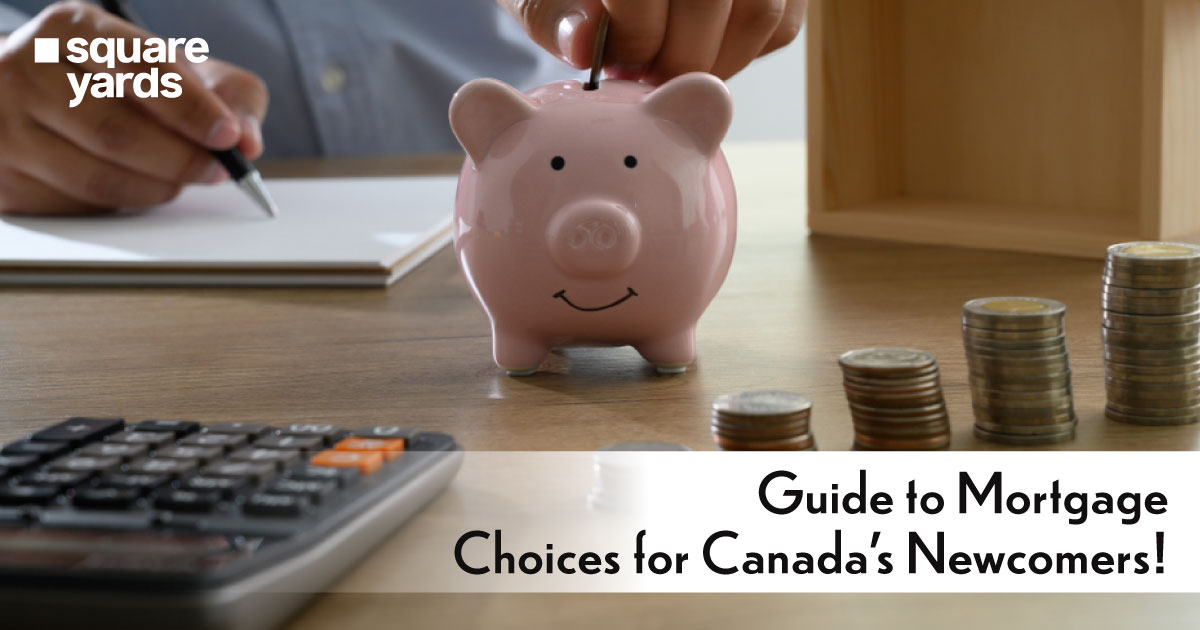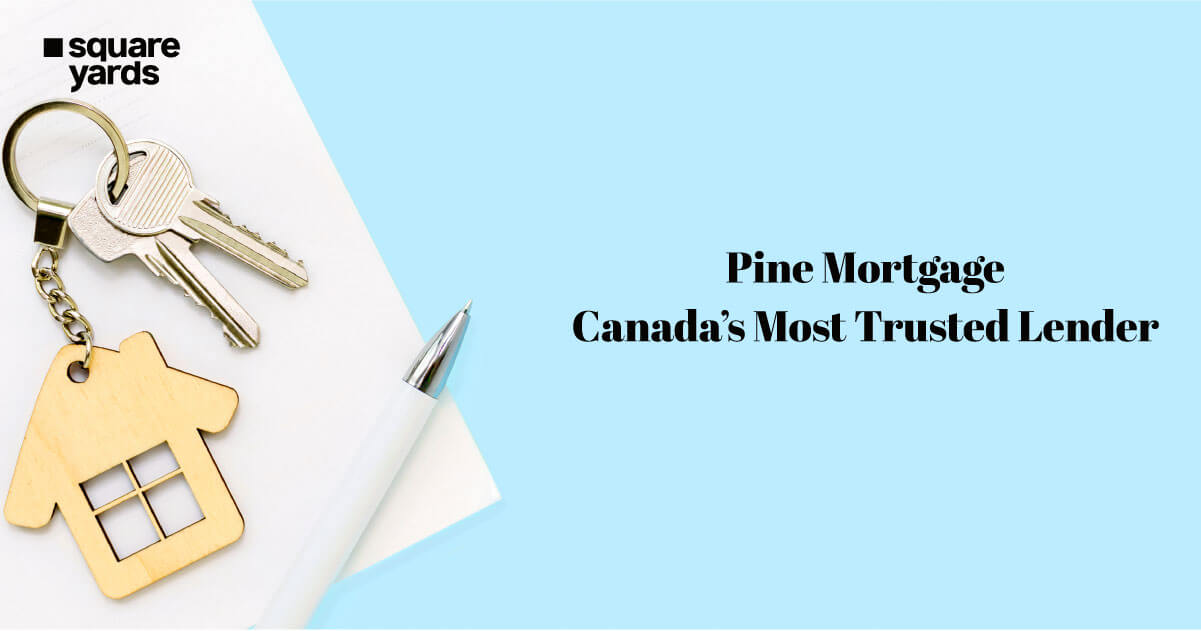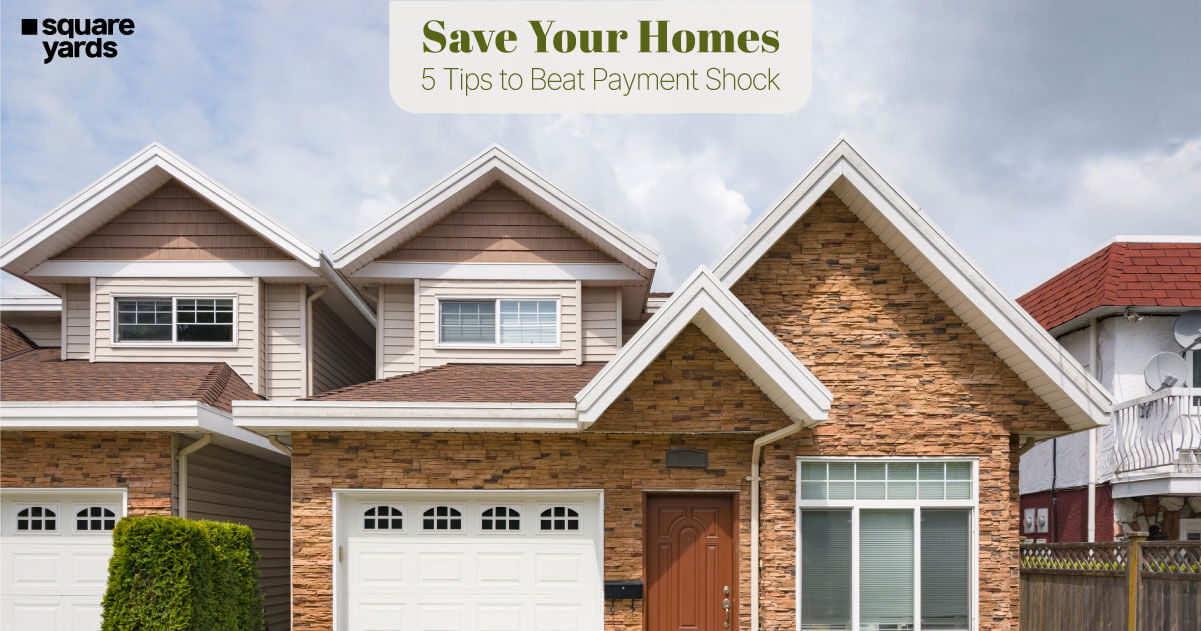With excellent employment and personal growth opportunities, Canada is easily one of the best countries to live in. The low violence and crime rates make it the perfect place for those looking to improve their quality of life by buying a house in Canada. Getting your own place in Canada can be daunting, especially if it’s your first time. We understand the stress and want the process to go as smoothly as possible for you. Our guide covers all the information you need to make the buying decision easier and better.
Can a Foreigner Buy a Property in Canada?
Canada boasts of an open-door policy for foreigners who wish to purchase a property. The non-residents and residents enjoy the same ownership rights. A few states, however, have a particular set of guidelines that you’d require following. Bear in mind that:
-
- Staying in Canada for 6 months or less makes you a non-resident. But if you are planning to stay for a longer duration than 6 months, you would require applying to be an immigrant.
- It is important to talk to a lawyer and learn everything about the paperwork asked by Canadian realtors and banks.
- The Government of Ontario introduced NRST (Non-Resident Speculation Tax) in 2017. As per NRST, people who aren’t citizens or permanent residents of the country will pay a 15% tax on the purchase of residential properties in the Greater Golden Horseshoe region of Toronto.
Factors to Consider Before Buying a Property in Canada
Buying a house in Canada isn’t something you think of today and do tomorrow. It involves considering a number of factors including:
-
Where do you Plan to Live in Canada?
Deciding where you want to live in Canada is the first step to buying a house. If you choose to live in rural or smaller cities, the cost of a house will be cheaper than that of urban areas. As of 2020, the average price of a home in Canada was $568,758. However, big cities like Vancouver and Toronto have a large role to play in escalating these prices. In these cities, the cost of living is much higher than the average for the rest of the country. If you’re not sure where you want to live, seek advice from your friends and family and then proceed with the next steps.
-
What Type of House Are You Looking
Different people have different tastes and preferences. The same is true for houses. Canada is known for offering an incredible range of options that includes:
-
- Condos: This is the most popular option among first-time home buyers. It is a unit within a building which means you won’t be buying the entire property but only a single unit.
- Detached: A detached house is a single property with no shared walls or neighbouring properties. They are perfect for families with children as they tend to have front and back yards. These are the classic homes you see on movies and TV but are also the most expensive housing options in the country.
- Semi-Detached: Unlike detached homes, semi-detached houses share a wall with neighbouring houses.
- Townhouse: A townhouse shares a wall with neighbouring houses on both sides. They are common in major cities like Toronto and Greater Vancouver.
- Duplex and Triplex: A single building divides into two or three separate units is called a duplex or triplex. They are an attractive option for buyers as they have the option to buy out the entire building and rent out the remaining units.
- Apartment: Single units that are a part of a building. They come with amazing facilities like parking, gym, laundry room, spas, jogging tracks and more, which makes them an ideal choice for single homeowners.
Minimum Down Payment Requirements for Buying a House in Canada
When buying a home, the first thing people tend to ask is how much is a down payment on a house? The answer depends on the price of the house you’re looking to buy. But before getting into any more details, let’s understand how the minimum down payment works. The minimum down payment Ontario and all of Canada is 5% for the first 500,000 CAD of the total home purchase price. It is the same for both first-time buyers and those upgrading to a new home.
In case of a purchase price of more than 500,000 CAD, one requires paying a minimum down payment of 10%. For instance, if the house costs 700,000 CAD, you’d require paying a down payment of 25,000 CAD on the first 500,000 CAD purchase and then 20,000 CAD on the next 200,000 CAD of the purchase price. As a first time home buyer Canada, it’s essential you understand the difference between the two down payments, only then you’d be able to make a better home buying decision.
|
Purchase Price |
Minimum Down Payment |
|
500,000 CAD or less |
5% down payment on the purchase price |
|
500,000 CAD to 999,999 CAD |
5% down payment on the first 500,000 CAD purchase price and 10% for the remaining portion of the purchase price. |
|
1 Million CAD or More |
20% down payment on the purchase price |
NOTE: Those with a poor credit score or self-employed may have to pay a larger down payment. The minimum down payment generally comes from your own funds so it’s better to start minimizing your debts and saving for a down payment.
Mortgage Loan Insurance For Buying a House in Canada
Mortgage loan insurance or mortgage default insurance protects the mortgage lender in case the borrower is unable to make the payments. One requires buying mortgage loan insurance if their down payment is lower than 20% of the purchase price. If you are self-employed or have a poor credit score, the lender may ask you to get mortgage loan insurance even if you have a 20% down payment. The loan insurance is not available if:
-
- The purchase price is 1 Million CAD or more
- The loan does not meet the guidelines/standards of the insurance company
If you are worried about getting loan insurance as a first time home owner, don’t worry, just ask the lender to coordinate on your behalf.
Mortgage Loan Insurance Cost
The fee that you pay for the mortgage loan is called a premium. It ranges from 0.6% to 4.50% of the total amount of your mortgage and depends on the down payment amount. The greater the down payment amount, the lesser is the premium on mortgage loan insurance. You have the option to pay the premium as an addition to the mortgage or as a lump sum amount. Adding premium to your mortgage would require you to pay interest on the premium. The interest rate is the same as the rate of the mortgage. Provinces like Manitoba, Quebec and Ontario apply provincial sales tax to premiums for mortgage loan insurance. Lenders cannot add the provincial tax on these premiums so you will have to pay this tax at the time of getting the mortgage.
How a Down Payment Affects The Mortgage Rate?
As mentioned previously, the mortgage rate depends on the down payment. Here’s how it influences the mortgage rate: –
-
Less Than 20% Down Payment
This mortgage is insured by the Canada Mortgage and Housing Corporation (CMHC). Since lenders are protected against the borrower’s default, they face little or no risk. They can thus offer the best possible mortgage rates. The CMHC approves or insures most of the rates that you see as advertisements online or other promotion channels.
-
20% Down Payment
In this case, the lender is not protected against borrower default and is exposed to more risk. As a result, the mortgage rates are higher.
-
25% or More Down Payment
An increase in down payment leads to a decline in mortgage rates. While some lenders offer their lowest rates for a 25% down payment, others prefer to offer the lowest possible rate for down payments of up to 35%.
|
Down Payment |
Down Payment Amount |
Mortgage |
Mortgage loan insurance premium |
Mortgage(with insurance premium) |
Overall Cost (sum of all columns) |
|
5% |
20,000 CAD |
380,000 CAD |
15,200 CAD |
395,200 CAD |
643,649 CAD |
|
10% |
40,000 CAD |
360,000 CAD |
11,160 CAD |
371,160 CAD |
625,712 CAD |
|
15% |
80,000 CAD |
320,000 CAD |
Not required |
320,000 CAD |
584,979 CAD |
(Assuming 400,000 CAD as the purchasing price of the house)
Is a 20% Down Payment Beneficial?
It is better to get a 20% down payment than paying a 3-4% CMHC premium. It allows you to save a lot more. Though the mortgage would be higher with a 20% down payment, the overall cost of borrowing would be less. It also gives you the option of 30-year amortization. This option isn’t available with a down payment of less than 20%. The 30-year amortization option improves purchasing power and allows you to save extra cash flow for investments, home improvements, and more.
Getting a Mortgage in Canada – Basics for First Home Buyers
By now, you know that the minimum down payment for buying a house is 5%.
-
- If you are paying a down payment of less than 20%, you’d require getting mortgage loan insurance. You can get it from CMHC or contact a private insurance company/insurer.
- Non-residents can only borrow 655 of the home purchase price and will require paying at least a 35% down payment. You will have to contact a local bank for the same because foreign banks are not allowed to register mortgages in Canada. Be prepared for multiple interviews and keep all the documentation ready.
Where Can You Get a Mortgage?
To get a mortgage, you simply need to visit a Canadian bank. If not that, contact a mortgage broker. A broker knows the ins and outs of the marketplace and will be able to guide you in the right direction. They will understand your needs and help you get your preferred rates. Using a broker is an excellent option if you are an entrepreneur, contractor, or self-employed. Non-residents should contact a broker who has handled mortgages for foreign buyers in the past. Do not opt for an in-experienced broker.
Mortgage Pre-Approval
While your finances are a significant factor, getting a mortgage pre-approval is a way to ensure you know exactly how much buying power you have. Many lenders take your mortgage pre-approval into consideration before finalizing your application. A pre-approval helps you stand out from other applicants and helps you determine your buying power. The process of getting a mortgage pre-approval is pretty quick. It takes only a day or two if all your paperwork is ready. Make sure all your documents are available in hand because they will be reviewed by the lender. Whether you are dealing with a lender or a mortgage broker, you need the following documents:
-
- Proof of Identification – Photo ID and Social Insurance Number (SIN)
- Employment and Income Verification Documents – Letter of Employment, T4 Slip, Pay Studs, Notice of Assessment
- Down Payment Proof – Latest Bank and Investment Account Statements
- Other Assets Proof – Property, Jewelry, Vehicles, etc.
- Debts and Liabilities Information – Credit Card Balances, Student Loans, Personal Loans, Child or Spousal Support, Latest Monthly Rent or Rent Obligations
The lender or broker will also take your consent to perform a thorough credit check to check your creditworthiness. If your partner or spouse is buying the house with us, they’d require submitting their documents too.
Things To Know Before Getting a Mortgage Pre-Approval
Make sure you understand the mortgage conditions such as term, rate, fines, prepayment options, broker fee, and more. A pre-approval however, does not give a 100% guarantee of the lender approving your final application. Any change in your financial position may impact their decision of lending you money. These changes could be:
-
- Loss or change of jobs
- A sudden drop in your credit score e.g. you start missing your loan payments
- Additional debts or credits such as a new lease, getting a new credit card or anything else that maximizes your debt to income ratios and affects your credit score.
- Submission of incomplete or false information about your financial situation
- Insufficient cash reserves
There are times when home buyers are unable to find the right house or close the deal within the rate-lock period given in the pre-approval certificate. In a case like this, they can request a pre-approval reset.
Why Find a Real Estate Agent For Buying a House in Canada?
We recommend you find a real estate agent if you are buying a house in Ontario, Vancouver or any other part of Canada. Here are a few reasons why:
-
- A realtor will take some stress off your shoulder and help you find the right home that fits your needs as well as your budget.
- An experienced realtor will bring in plenty of information on different types of properties and areas.
- Realtors can negotiate on your behalf (a huge plus for every first time home buyer Ontario)
- The realtor will also assist you with legal contracts
- Real estate agents always look out for their client’s interests and follow a strict code of ethics.
Choosing The Right Realtor
Here are a few things to keep in mind when selecting a real estate agent. Check if the agent is-
-
- Registered with the Real Estate Council or any other council specific to your province.
- Familiar with the neighbourhood
- Interested in representing first-time buyers
- Experienced
- A full-time real estate agent (with no second job)
- Recommended by someone you know or has a positive online reputation
- Aware of first time home buyer Ontario rules and regulations
Making an Offer To The Seller
After you and your agent have agreed on a house and a specific price for it, the realtor will make an offer to purchase to send it to the seller. This offer comprises the following details:
-
- The purchase price you are willing to pay
- The items you want the seller to include like furniture, appliances, paint, etc
- The deposit amount
- Financial details of the mortgage
- Necessary close date for the sale
- Offer Validity (the period for which it is valid)
- Other conditions like door replacement, leak fix, fence mend, etc
The seller will expect you to pay 10% or less of the property price as a deposit. This amount is also refundable if the deal falls through.
Conclusion
Here’s hoping this guide resolved most of your queries regarding buying a house in Canada. We know buying a house can be stressful for first-timers and tried making the information as simple to understand as possible. Let us know if you have any questions or concerns, team Square Yards would be happy to help. Best of luck with your homeownership journey!
You May Also Read
|
Invest in Pre Construction Properties |
|
|
How To Buy Now Pay Later in Canada |
|
|
Guide To Cash Home Buying |
|
|
Know The First Time Home Buyer Mistakes |
Frequently Asked Questions (FAQ)
You should have at least 20% of the house’s purchase price. For example, if the house costs 400,000 CAD, you would require at least 80,000 CAD to be able to make a deposit.
To qualify as a first-time home buyer, the person must not have lived in a home owned by them or their partners/spouses in the previous four years.
Presently, two kinds of government loans allow you to purchase a home with no down payment – VA and USDA loans. Both of these loans have a particular set of criteria that you need to meet to qualify for a zero-down mortgage.
Closing Costs in Canada generally include Mortgage Insurance Payment, Home Inspection, and Appraisal fees, Land Transfer Tax, Legal Fees, Title Registration and Title Insurance fees, Property Taxes, Home Insurance premiums and Moving Costs.
How much money will I need to buy my first house in Canada?
Who qualifies as a first-time home buyer in Canada?
Can I purchase a house in Canada without any down payment?
What closing costs are included when buying a house in Canada?
What are the different kinds of mortgages in Canada?

